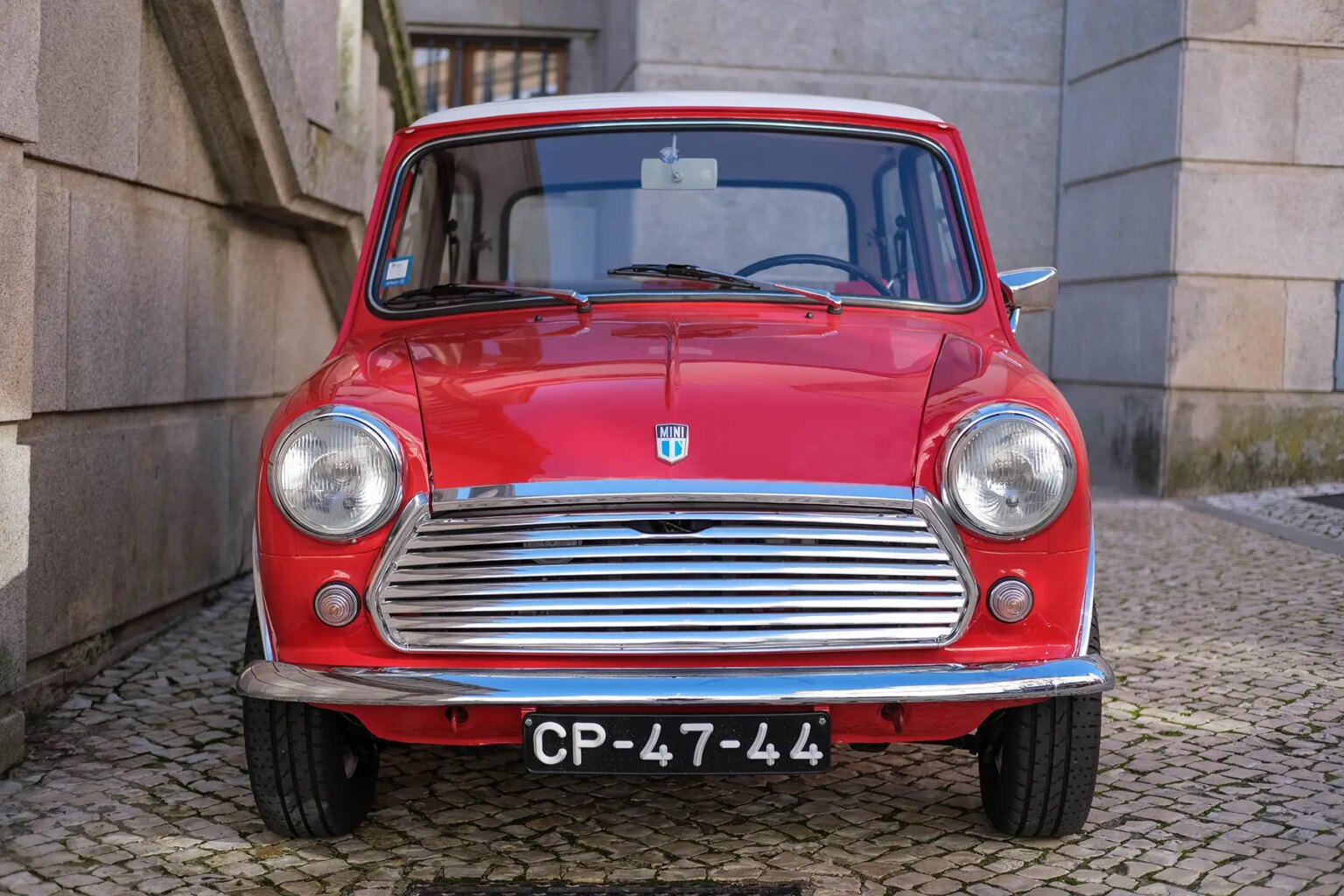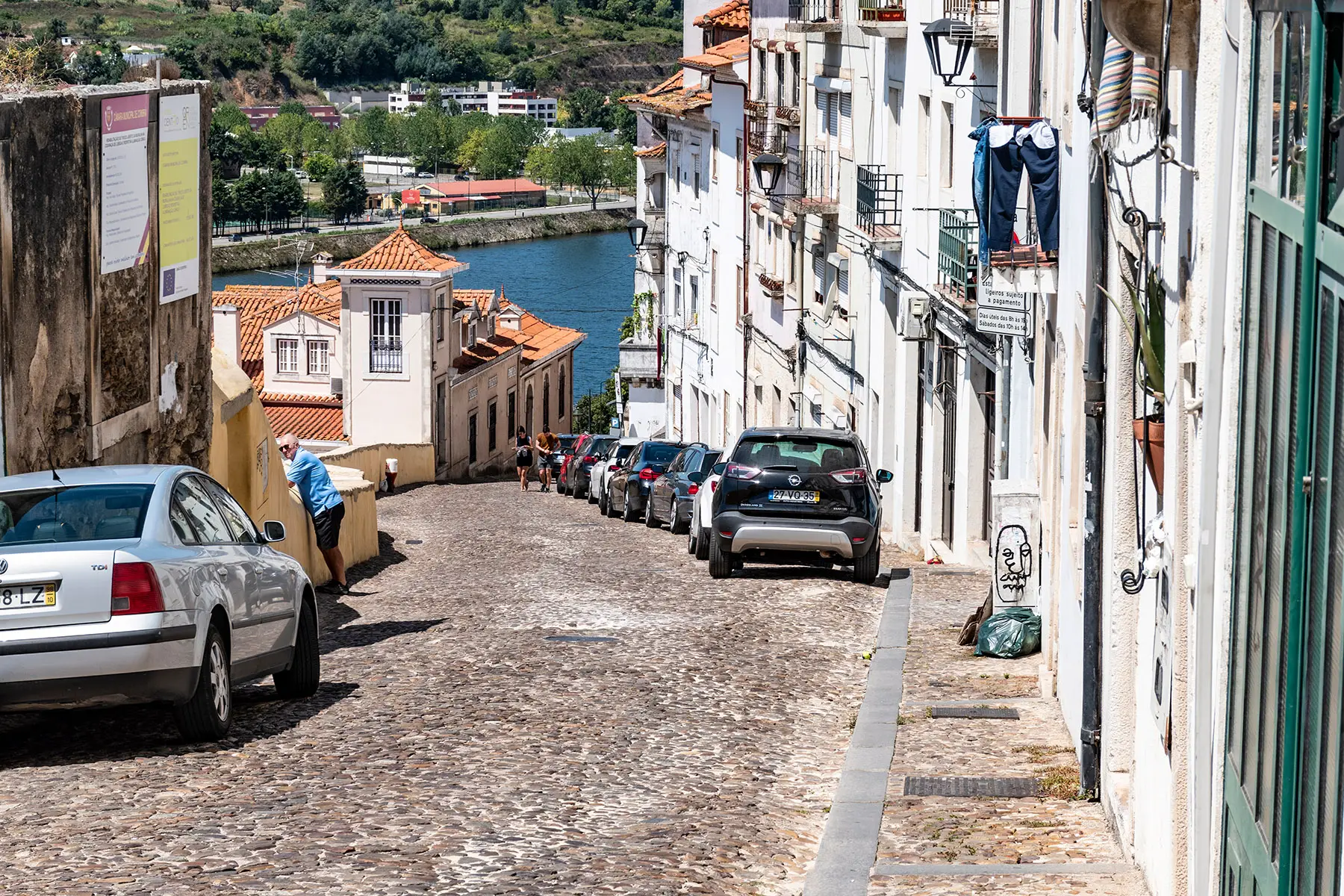With a warm climate and beautiful landscapes across the country, Portugal is a great place to experience by car. Many expats buy a car in Portugal and it’s pretty straightforward to do so if you have the right documents.
However, you’ll need to know where to go and what to look out for, so that you don’t get ripped off. You’ll also need to follow certain registration and maintenance procedures for the vehicle, not to mention having a valid driving license.
Find out all you need to know about:
- Buying a car in Portugal
- Who can buy a car in Portugal?
- Buying a new car in Portugal
- Where to buy a new car in Portugal
- Buying a used car in Portugal
- Where to buy a used car in Portugal
- Car registration and other paperwork
- Car costs in Portugal
- Importing a car to Portugal
- Selling a car in Portugal
- Equipment your car needs to have in Portugal
- Useful resources
Buying a car in Portugal
It’s relatively straightforward to buy a car in Portugal, whether new or used. You can find English-speaking dealerships in the expat-populated areas. What’s more, because importing foreign cars to Portugal can sometimes be costly, buying a Portuguese vehicle can sometimes make more sense if you’re a keen driver.
You can buy cars in Portugal from dealerships, online brokers or from private sellers. There are around 530 cars per 1,000 people in the country – just over one for every two people, and slightly below the EU average. 175,427 vehicles were registered in Portugal in 2021, with 27.6% of them electric or hybrid vehicles.
Who can buy a car in Portugal?
You will need the following to buy a car in Portugal:
- Proof of Portuguese residence, for example a residence permit or proof that you rent or own a home in Portugal
- Valid ID such as a passport
- NIF
- Bank account details, unless you are paying the full amount in cash
To drive a car in Portugal, you will need to be at least 18 years old – the legal Portuguese driving age – and have a valid driving license.
Buying a new car in Portugal
Buying a new car in Portugal is more expensive than shopping secondhand. However, there are distinct benefits such as better reliability and longer vehicle life expectancy. In addition to this, dealerships in Portugal usually take care of paperwork such as registration. Many also sell car insurance.
The average cost of a new car in Portugal was €32,483 in 2020, which was just below EU average. Top-selling brands include Renault, Peugeot, Mercedes-Benz, Citroën, and BMW. Electric and hybrid models also sell well, in part due to the ease of use, as Portugal has nearly 12,000 charging points across the country. Top sellers include Tesla, Toyota Prius, Honda Civic, and Lexus.
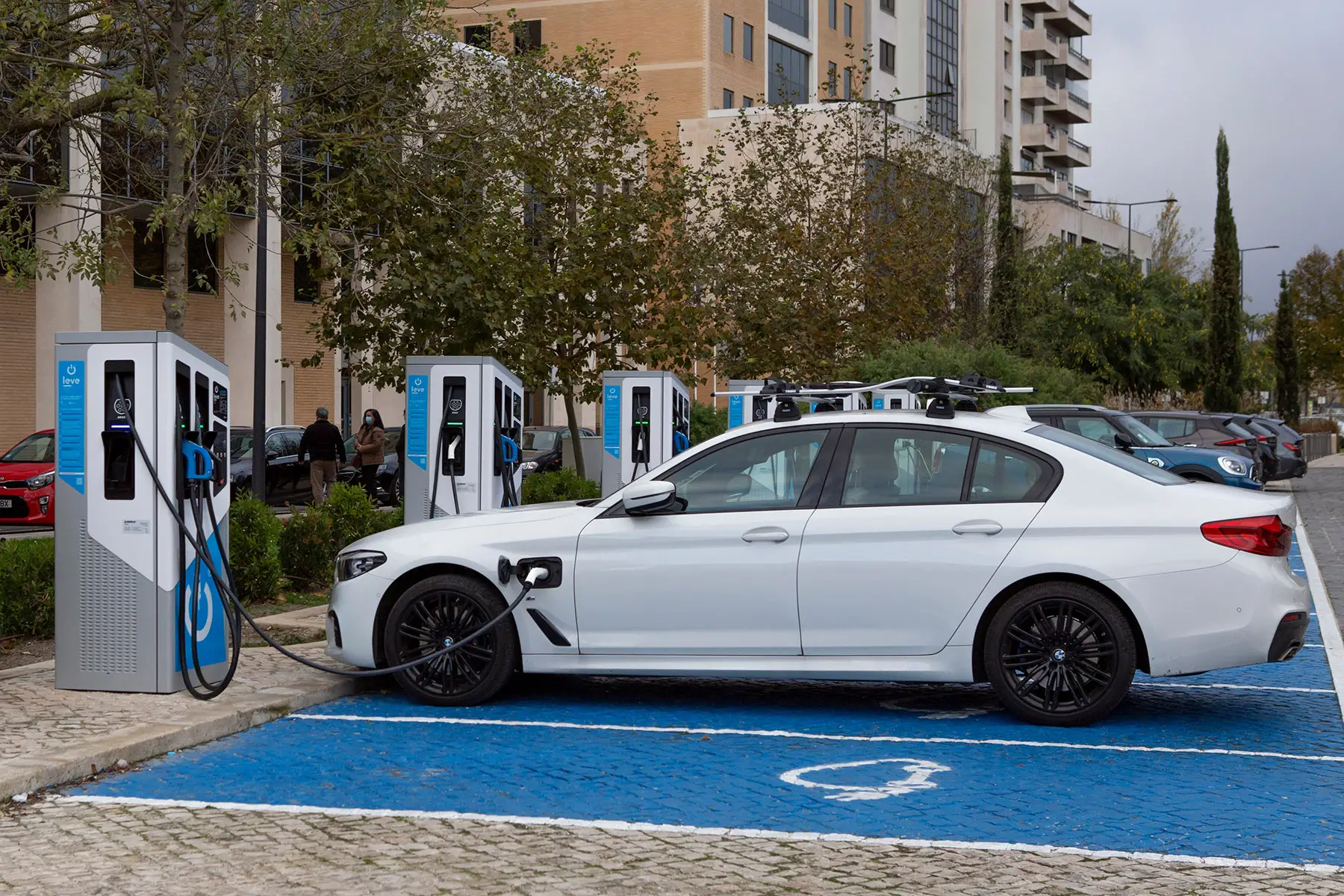
You can pay for a new car in Portugal in full or, if buying from a dealership, you can usually pay in installments. This will normally involve paying a fee. Portuguese banks and other credit providers also offer loans for car purchases. Check your bank for interest rates.
Once you purchase your car, you should receive a sales contract detailing terms and conditions, an owner’s manual usually produced by the manufacturer, and an EU Certificate of Conformity to show that the car meets minimum road safety standards.
Where to buy a new car in Portugal
Car dealerships in Portugal
You can find dealerships all across Portugal. They are official outlets for selling new vehicles. Consequently, they will usually offer higher levels of support both at point of sale and after-sale. Dealerships in Portugal will take care of car registration for you. Many also have links with garages should anything go wrong.
Most Portuguese dealerships are associated with particular car brands, however you can also find some multi-brand dealerships. Search for dealerships on websites such as StandVirtual (in Portuguese) or Páginas Amarelas (Portuguese Yellow Pages).
Major car brands with dealership outlets in Portugal include (links in Portuguese):
If you buy from a dealership in Portugal, you will usually be able to take the car out on a short test drive before buying, to make sure you’re happy with it.
Buying a car in Portugal online
The online marketplace for automobiles is growing in Portugal, as it is elsewhere, especially since the start of the COVID-19 pandemic as fewer people have visited showrooms. In terms of the process, it’s fairly similar to buying a car in-person at a dealership. However, you’ll have to submit electronic versions of your documents if you complete the sale online.
Although buying online is generally quicker and easier, the downside is that you don’t get to test drive the car first, and you won’t be able to negotiate lower prices. Some dealers may be willing to offer discounts on in-person sales, for example if you pay in cash.
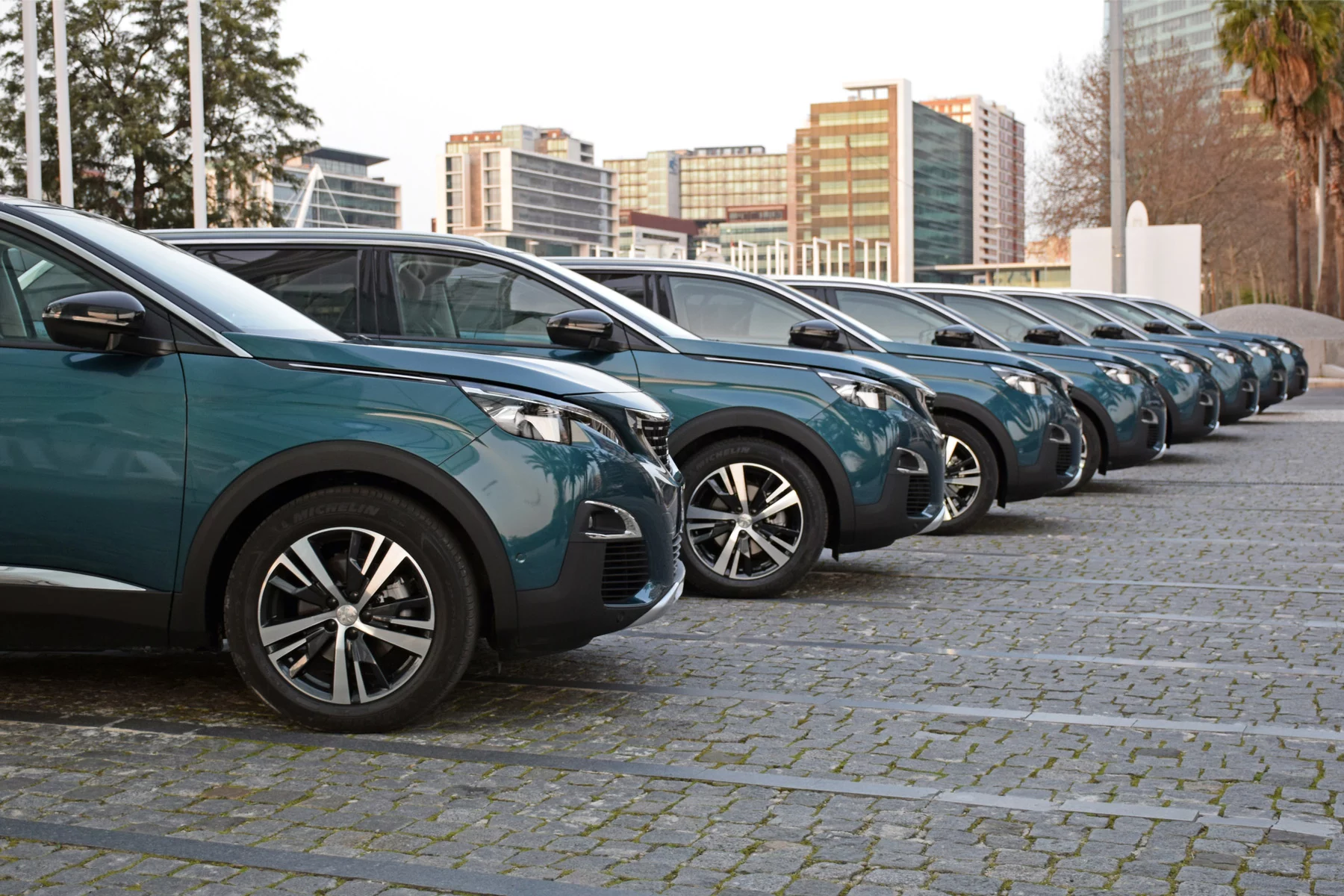
You can buy new cars online from some dealerships in Portugal. There are also websites where you can search for deals on multiple brands and models. These include:
- Automobile Club of Portugal (Automóvel Clube de Portugal – ACP) – membership club for drivers in Portugal (in Portuguese)
- OLX (in Portuguese)
- StandVirtual (in Portuguese)
Dealerships often advertise their products on these websites, so you may be able to find the car you want and then visit the showroom to complete the sale and collect. However, many websites allow you to do everything online if you prefer. It’s even possible to arrange for vehicle delivery through some sites.
Buying a used car in Portugal
If you want to save a bit of money when you buy a car in Portugal, you can always buy a used vehicle (de segunda mão/usado). However, you might not save as much as you hope. Although its new cars are relatively cheap, Portugal ranked as the ninth-most expensive country on the 2017 Global Used Car Index – above countries such as Germany, France, the United Kingdom, and the United States. This is because cars tend to depreciate at a slower rate in Portugal.
There are many places where you can shop for used Portuguese cars, including dealerships where things are a little more secure. You can also buy from private sellers or at events such as car fairs and car auctions.
Dealerships will take care of most of the essential paperwork involved in the purchase. If you buy privately, you’ll need to ensure everything is in order yourself. You should receive the following from the seller:
- The transfer of ownership/registration application form (Requerimento de Registo Automóvel). This needs to be filled in and signed.
- The registration certificate (documento único automóvel).
- IPO (Inspecção Periódica Obrigatória) test certificate if the vehicle is over four years old, plus details of the next IPO inspection due. The IPO is the equivalent of the MOT in the UK.
- Sales or purchase contract detailing the purchase terms, vehicle information, and buyer/seller details.
You can check the validity of any documentation and that all information is correct with the Portuguese Institute of Mobility and Transport (Instituto da Mobilidade e dos Transportes – IMT). There, you can also run a Vehicle Identification Number (VIN) check for accident history, mileage, etc. There are several VIN decoder portals online where you find information by entering the VIN.
Where to buy a used car in Portugal
Car dealerships in Portugal
You can find car dealerships in Portugal that sell both new and used cars. There are also dealerships that sell just secondhand vehicles, as well as car dealers that specialize in particular types of vehicles such as vintage or classic cars.
The obvious advantage of buying a used car from a dealership is that it takes some of the risk out of the purchase. For example, dealers offer a minimum warranty of one year on used vehicles. They will also take care of a lot of the paperwork, such as registration and making sure that the car has had any necessary IPO tests. You can ask for a vehicle report if you’re unsure about anything. However, because dealerships provide more of an overall service, they tend to charge slightly higher prices.
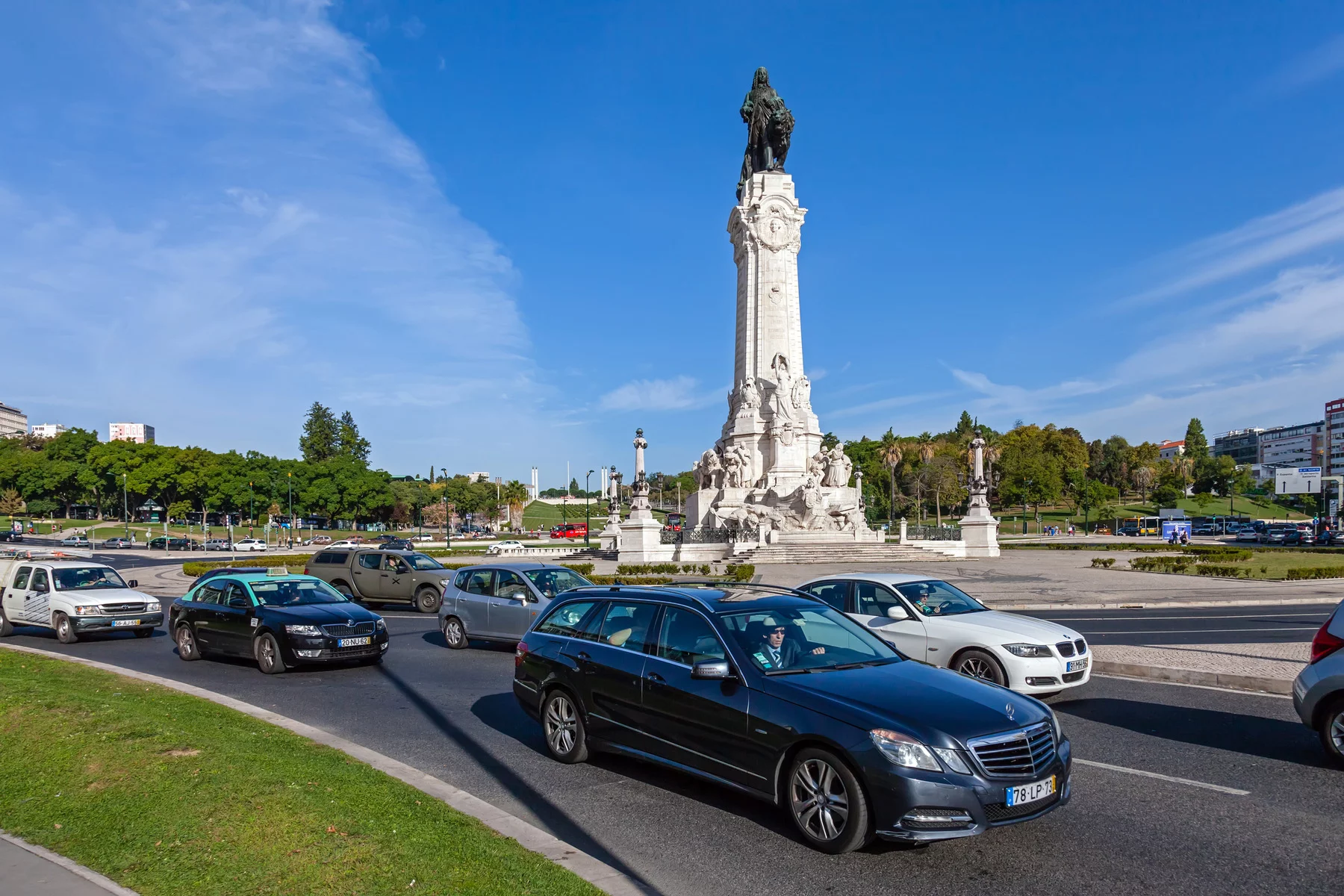
Many of the brand dealerships sell new, used and almost-new cars, so worth checking out if you have your eye on a particular recent model and want to save a few bucks. You can also search for local dealers on StandVirtual or Páginas Amarelas (both in Portuguese).
Buying a used car in Portugal online
There are a number of websites where you can search for and buy used cars in Portugal. Some of the main ones are:
- Auto SAPO (in Portuguese)
- Autto
- BCA
- Guia do Automóvel
- StandVirtual
Buying a car in Portugal from a private owner
Buying a car from a private seller in Portugal can save you money. Sellers may be willing to negotiate, and might drop the price if you pay in cash. However, you won’t have the option of paying in installments. Furthermore, you won’t get a warranty and will have to sort out the registration yourself.
Private sellers should still provide the necessary paperwork – existing registration forms, IPO report and next inspection date (if car is over four years old), and transfer of ownership form. It’s also a good idea to ask for a purchase agreement detailing information such as the vehicle’s age, mileage, maintenance history, and number of previous owners. At the very least, try to find out this information before buying.
If a seller asks you to pay a deposit on a car, make sure you use an escrow account or another third-party holding service. This is a good way of protecting both buyer and seller during the exchange of funds.
You can find many private sellers on the used car sites listed above. You can also find them through:
Car registration and other paperwork
All cars in Portugal need to be registered with the IMT, whether new, used, or imported. Failure to register your vehicle can result in the authorities seizing it. If you buy from a dealership, they will usually handle the registration for you. Otherwise, you will need to register your vehicle within 60 days of the purchase. You do this through the Institute of Registries and Notaries (Instituto dos Registos e do Notariado – IRN).
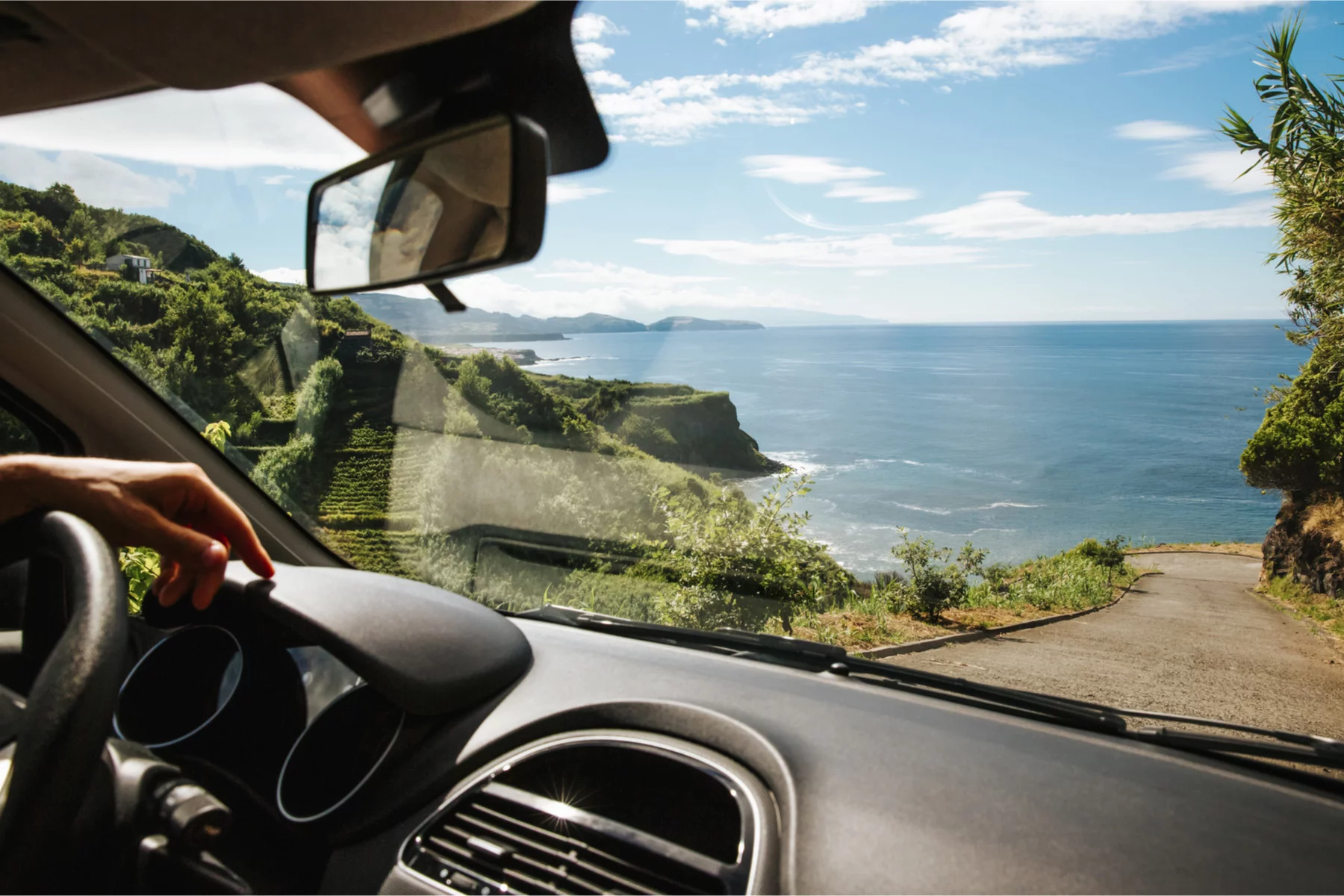
You can register online, at an IRN vehicle registry office (in Portuguese), or at a citizen’s shop (Lojas do Cidadão) in Portugal. Take along the following documentation (or get an e-copy if registering online):
- Your ID or passport
- Your NIF number
- Proof of Portuguese residence (e.g., residence permit or proof of address)
- Completed and signed form registration form, or transfer of registration to new owner if a used vehicle (Requerimento de Registo Automóvel)
- EU certificate of conformity, or equivalent safety certificate if the vehicle is from outside the EU
- IPO vehicle inspection certificate, if the car is over four years old. If your vehicle needs an IPO check, you can find a list of registered inspection centers here (in Portuguese).
Once you’ve registered and paid the registration fee, you will receive your registration certificate (Documento Unico Automóvel – DUA). This is valid until you sell the car or choose to deregister it. You should keep your DUA in your car at all times, along with your car insurance certificate.
Unlike in some other European countries, you don’t need to change license plates if you move to another part of Portugal.
You can read more on registering vehicles in Portugal on the government online portal.
Car costs in Portugal
Beyond the initial vehicle purchase costs, you will need to budget for a number of other costs when you buy a car in Portugal:
- Registration fee – this is around €55-65. You can save around 15% by registering online.
- Taxes – you have to pay a one-off vehicle tax (Imposto Sobre Veículos – ISV) when you buy a new car or import a car to Portugal. You also pay an annual circulation tax which renews your license plates and allows you to drive on Portuguese roads (Imposto Único de Circulação – IUC). Taxes are based on vehicle type and CO2 emissions. You can check costs on this simulator (in Portuguese) and find out more information on both ISV and IUC here.
- Car insurance – you’ll need to buy at least third-party insurance. Costs depend on car value, type of insurance, and your own risk profiles. Most policies are between €150-600.
- Maintenance – the IPO inspection costs around €30. You’ll need to have this once your car is four years old, then every two years for vehicles 4-8 years old, and annually after that.
- Fuel costs – if you own an oil-powered car, fuel costs in Portugal are currently €1.71 per liter for petrol and €1.55 for diesel.
- Toll roads – you will need to pay tolls on motorways in Portugal. This can be as much as nearly €25 on some roads. However, you can buy pre-paid subscriptions from providers such as Via Verde starting at just over €5 a year.
In addition to this, you will need to budget for costs such as general maintenance, parking, and membership of any automobile clubs you may subscribe to. According to the 2021 Car Cost Index, the average cost of running a car in Portugal is €1,127 a month – the second-highest in Europe.
Importing a car to Portugal
Of course, you don’t have to buy a car in Portugal. Another option is to import a car from another country. However, this can be a time-consuming process involving a lot of paperwork. Furthermore, although it’s less costly than buying a new car, there are registration and taxation fees involved for most vehicles. Plus shipping costs, which can be well over €1,000 depending on where the car is coming from.
You need to import your car through the Portuguese Tax and Customs Authority (Autoridade Tributária e Aduaneira). The process (and costs) depend on your country of origin. The full costs are:
- Vehicle import tax (ISV) – usually a maximum of 10%. You can work out costs on this simulator (in Portuguese).
- VAT, currently at 23%
However, if you import from an EU/EFTA country, then you don’t have to pay ISV. Additionally, you only pay VAT if the car is brand new or you’ve owned it for less than six months, but you can claim this back if you already paid VAT on the vehicle in another member state.
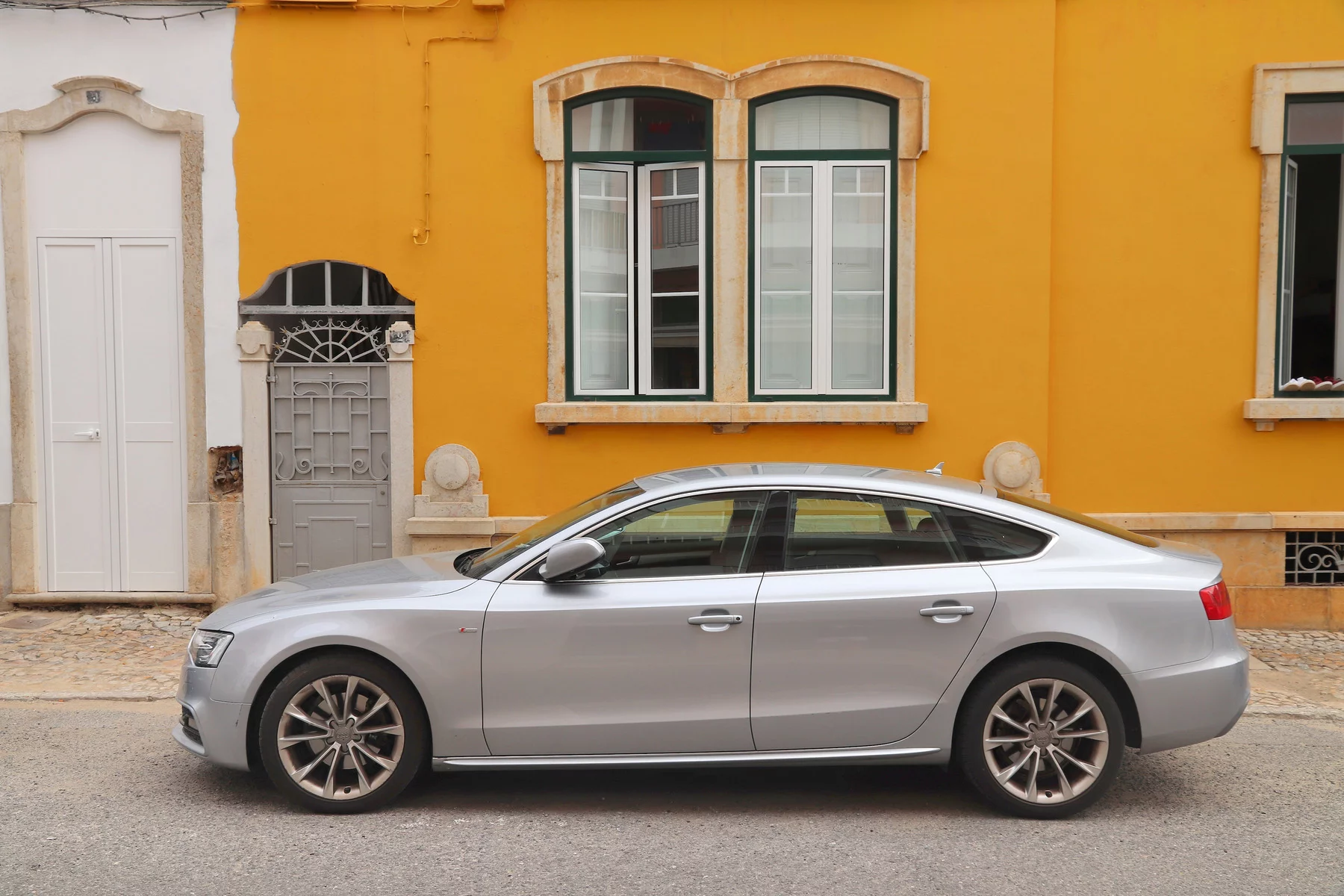
Non-EU nationals who are moving to Portugal can claim exemption from ISV if they have owned the car for at least six months and have lived outside of Portugal during this period.
To import a car to Portugal, you will need to provide:
- Valid ID
- Proof of vehicle ownership (e.g., current registration papers)
- EU Certificate of Conformity or equivalent road standard certificate
- Vehicle inspection certificate if the car is over four years old, plus an agreement to undergo IPO test in Portugal
- Vehicle Customs Certificate (Declaração Aduaneira de Veículo – DAV)
- Completed IMT form
You can complete most of the importation paperwork online by setting up an account with the Portuguese authorities (in Portuguese).
You will also need to register your imported vehicle within 60 days of arrival. However, EU/EFTA residents can bring their cars to Portugal for up to six months within a 12-month period, as long as they are registered in another member state.
You can read more information on the government’s online portal.
Selling a car in Portugal
You can sell your car in Portugal through dealerships, online sites, car fairs and auctions, or through a private sale. Useful websites for listing used cars include:
You will usually have to pay fees, either as a one-off lump payment or a percentage of the sale price, if you sell through dealers, websites or car sales events. However, you will have less support with getting the necessary paperwork in order if you sell privately.
When you sell a car in Portugal, you are responsible for providing the following:
- The transfer of ownership form (Requerimento de Registo Automóvel).
- The existing registration certificate (documento único automóvel).
- IPO (Inspecção Periódica Obrigatória) test certificate if the vehicle is over four years old, plus details of the next IPO inspection due.
In addition to this, it is a good idea to draw up a sales contract or purchase agreement to protect the rights of both buyer and seller. If you use a dealership, they will normally provide a standard template.
Equipment your car needs to have in Portugal
You should keep the following in your car at all times in Portugal to avoid a fine if the police stop you:
- Registration certificate
- Car insurance certificate
- Driving license
- Warning triangle, which you must place behind your car in the event of an accident
- At least one hi-vis safety vest
Useful resources
- Institute for Mobility and Transport (Instituto da Mobilidade e dos Transportes – IMT) – Portuguese government department responsible for transport (in Portuguese)
- e-Portugal – government online Portal with information on a variety of topics including vehicles and transportation
- Automobile Club of Portugal (Automóvel Clube de Portugal – ACP) – membership club for drivers in Portugal (in Portuguese)
- ACAP – main representative body for the Portuguese automotive sector
